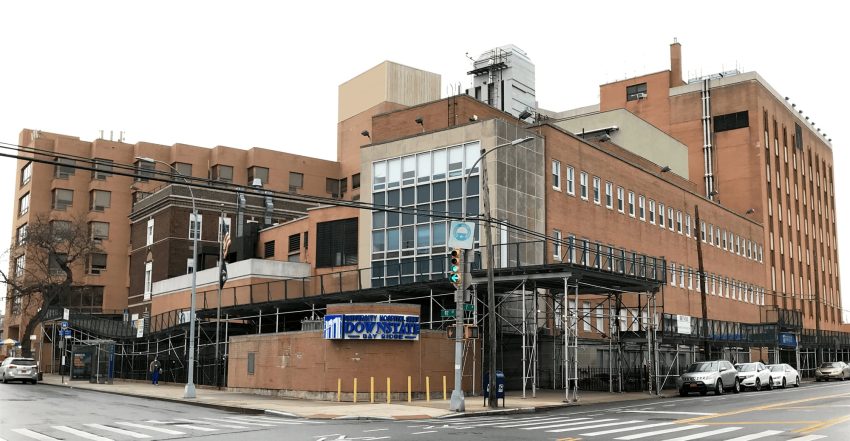by Nat Winn
We are witnessing the Trump regime’s attacks on Diversity, Equity, and Inclusion (DEI) programs, that amount to vital cuts to attempts to create things like health equity in healthcare outcomes for marginalized groups. Make no mistake about it, these attacks have life and death stakes as they affect the lives of Black, Brown, and poor people.
Disparities in the health outcomes of Black, Brown and poor people are well documented. Morbidity rates, infant mortality rates, life expectancy, and chronic disease, among other health outcomes are more prevalent among low income and nationally oppressed sections of the population.
This has always been the case. There can be many criticisms of corporate DEI programs, but a positive aspect of such programs in healthcare are the conscious attempts to close these disparities through health equity research and funding strategies. Now the funding for health equity is being eliminated and the result of this will be more misery, more disease, and more death.
There is a direct relation between the dreams for health equity for traditionally marginalized groups and the larger dream for transformation of the production and social relations of all of society. Struggles over the modernization and availability of healthcare in poor communities, both rural and urban, is part of a larger struggle for political power and what class will govern society.
This is evidenced by many of the political fights such as Brooklyn for Downstate in Brooklyn, New York; carried out by the poorest communities over access to state of the art healthcare within those communities, like the East Flatbush area of Brooklyn.
When the Young Lords occupied Lincoln Hospital in the 1960s, they inspired our collective imagination and shined a light on the fight for dignity for peoples that have been relegated to the void, and left voiceless. The Young Lord occupation was an expression of the community itself stepping into the situation and declaring its presence.
Similarly the struggles over equity in quality of healthcare access being waged directly by poor rural and urban communities and the control over such access by the community has the potential to shift the balances of class power and to strengthen the position of forces consciously organizing for radical change.
If oppressed communities lose the struggle for health equity, then politically they are in a weaker position vis-a-vis their class enemies and what’s more they would be condemned to the traditionally poor health outcomes of chronic disease, poorer quality of life, and earlier death. As hip hop group De La Soul said, the stakes is high.
We can all see the attacks on DEI as a means of rolling back the gains of the Black struggle and Black Lives Matter along with the struggles of other marginalized groups such as immigrants and trans people. Rolling back those gains means actual death and misery, particularly for the most poor and marginalized communities, the communities where we live and work, and that will make up the core force for getting rid of this miserable capitalist system.
I would argue that the struggles waged by poor communities for equity in quality healthcare access, is a vital component of strengthening our overall class position, our ability to fight for political power, for transforming the social and production relations of society as a whole. It is a part of fighting with the people to meet their needs in order to better wage the fight for political power over all of society.

